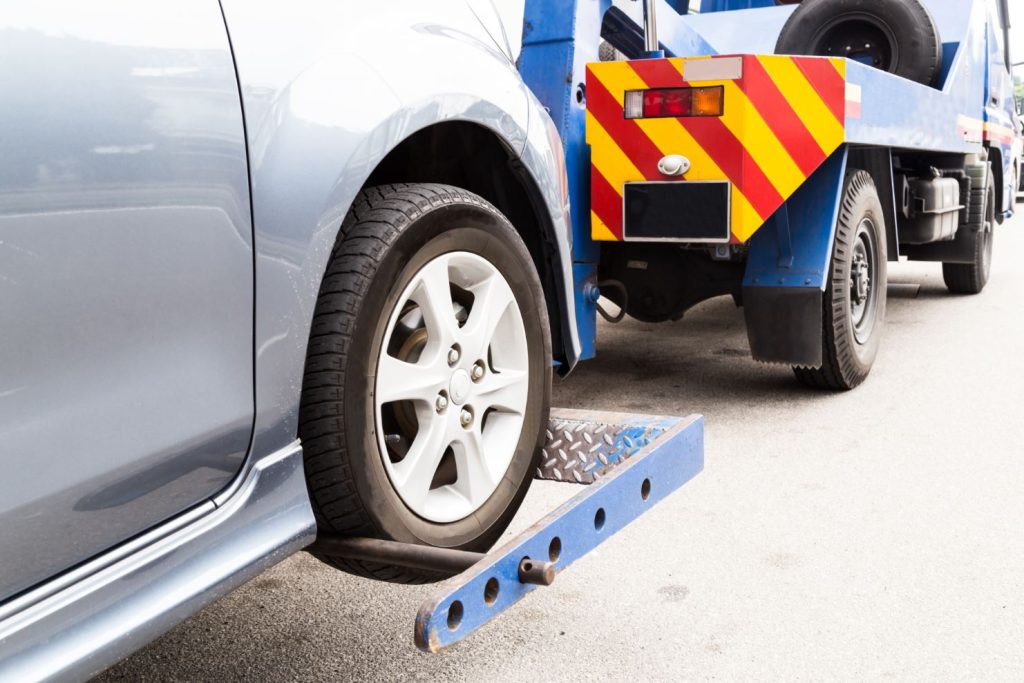No Matter what you are hauling, boats, travel trailers, or even horses, there are common towing mistakes you need to avoid. Not only will you enjoy your trip a lot more but so will other motorists traveling around you.
1. Not knowing your ratings
Know the maximum weight of your tow vehicle. A tow vehicle or the vehicle you are towing with can only carry and haul a certain amount of weight. Overloading your tow vehicle, trailer, or both can cause a great number of problems. Some of the problems can be blown-out tires, broken suspension, brakes failing, or your transmission overheating. Some of these can be very dangerous and none of these make happy travelers.
Always remember to check your tow ratings for your tow vehicle before you tow anything. Also, make sure you have the correct hitch system for your vehicle’s towing specifics. Make sure all numbers are checked and complied with. You can find your vehicle’s towing specifics either in your owner’s manual or the sill of your driver’s side door. You can find your trailer’s base weight and weight ratings on your VIN plate.
Gross Vehicle Weight Rating (GVWR)
Maximum weight for your vehicle. This includes the vehicle, cargo, all accessories, and passengers.
Gross Combination Weight Rating (GCWR)
The combined weight limit of your tow vehicle, loaded trailer, fuel, equipment, passengers, and anything else you are hauling.
Gross Axle Weight Rating (GAWR)
The maximum weight an axle can safely hold. It is very important to know the GAWR for your tow vehicle and trailer.
Towing Compacity
Total weight your vehicle can pull.
Tongue Weight

The trailer’s weight is held by the trailer hitch. The tongue weight should ideally be 10% of the total trailer weight. If the tongue weight is too high your vehicle’s steering will be less responsive. If the tongue weight is too little your trailer could sway. You can measure tongue weight on a specialized scale. You can purchase this scale at a trailer supply shop. You can also take your loaded vehicle to a weigh station or truck stop close by if you are having trouble estimating the combined weight of your trailer with the cargo.
2. Not checking the local regulations
Towing laws and restrictions differ from state to state. Some states require special breaking equipment and/or more side and rearview mirrors.
State regulation and laws also differ on things such as maximum towing speeds, the number of vehicles you can tow, or the width of your trailer. Always check your route and know the laws for all states you are traveling through.
3. Forgetting to put on the brakes ( and the wires)
Because of the extra weight on your trailer, it takes longer to stop. Because of this most states require the trailer to be equipped with a separate braking system when the trailer is over 1,500 pounds. When a trailer has a separate braking system it improves control and will stop the trailer if it gets separated from the tow vehicle. There are 2 types of trailer brakes. Electric that are attached to a controller in the tow vehicle and surge which are independent hydraulic brakes activated by momentum. Check your local laws because not all states allow surge brakes.
Federal law requires all trailers to be equipped with reflectors, turn signals, taillights, and brake lights. All of these are powered by connecting to your tow vehicles’ electrical system. When connecting the wires make sure they are tight enough not to drag on the road and loose enough not to disconnect when you turn.
4. Loading your cargo improperly
Your trailer will be difficult to control if it is off balance. 60% of your total weight should be in front of the axle (not too far forward). Make sure to secure your cargo so it doesn’t shift. Make sure to keep the overall center of gravity low.

5. Forgetting you’re towing a trailer
Always remember your tow vehicle will be less responsive while towing a trailer. You will want to make sure you give yourself extra time and space to slow down or change lanes. Also remember you want to be able to brake, turn, or accelerate as fast as usual. Maybe do a few short practice drives before leaving on your trip.
6. Not checking tire pressure
When you haven’t taken your trailer out in a while it probably needs air in the tires. Underinflated tires with a fully loaded trailer are very dangerous. Tire blowouts and rollovers can be caused by underinflated tires. Before you take your trip make sure to check your tire pressure on your tow vehicle and trailer. You also want to check your tires for wear and tear.
Check Your Coverage Capacity
Always make sure you have adequate insurance. You can get basic liability coverage through your auto insurance policy. You can also get travel trailer insurance which offers much broader coverage. The coverage can include total loss recovery, funds for lodging if your trailer is damaged, personal effects replacement, and/or a full-timers package.

